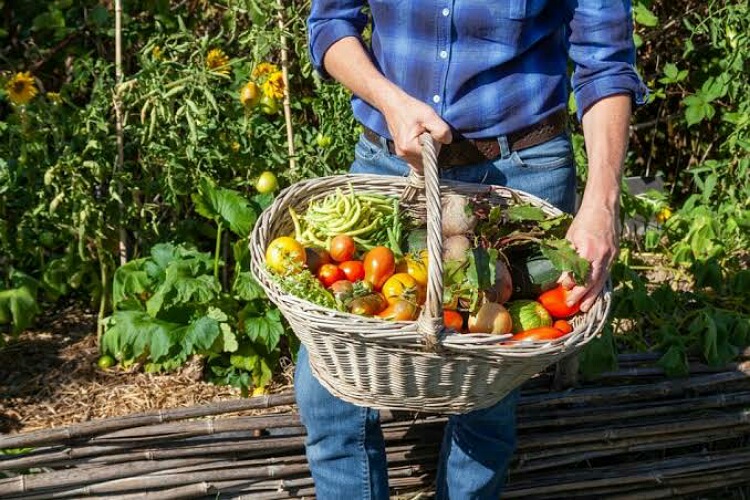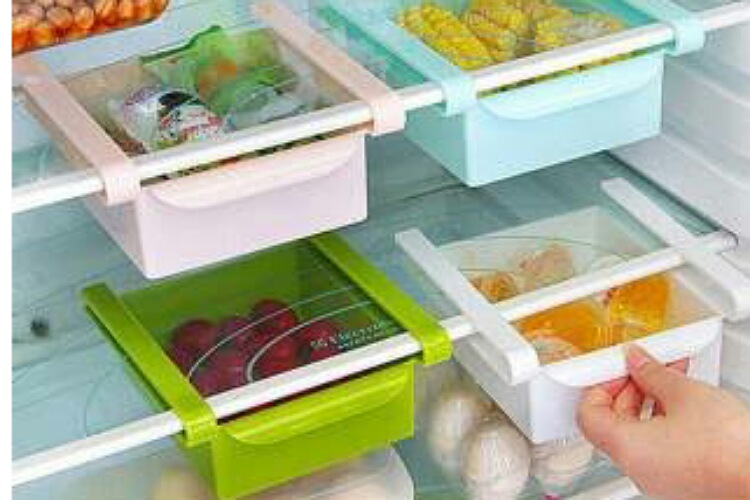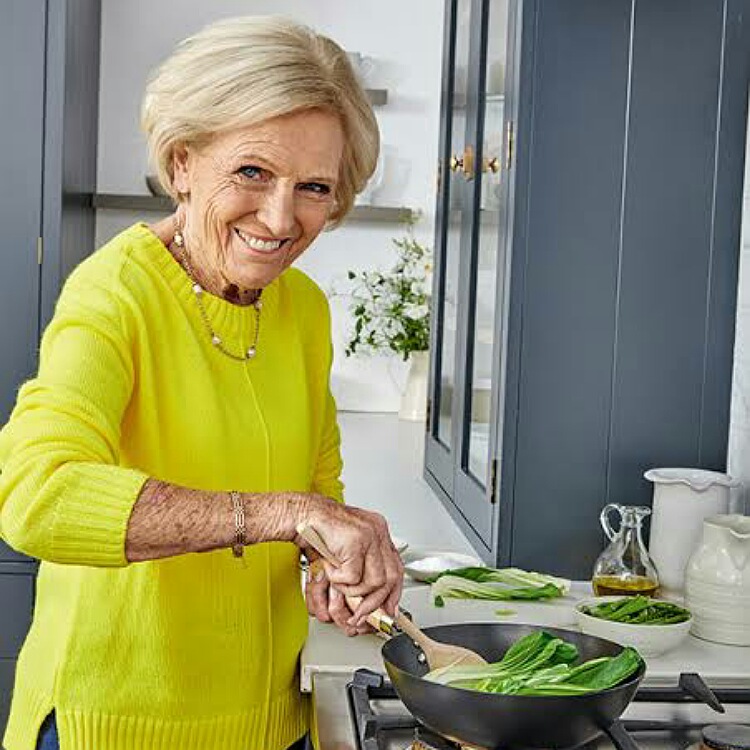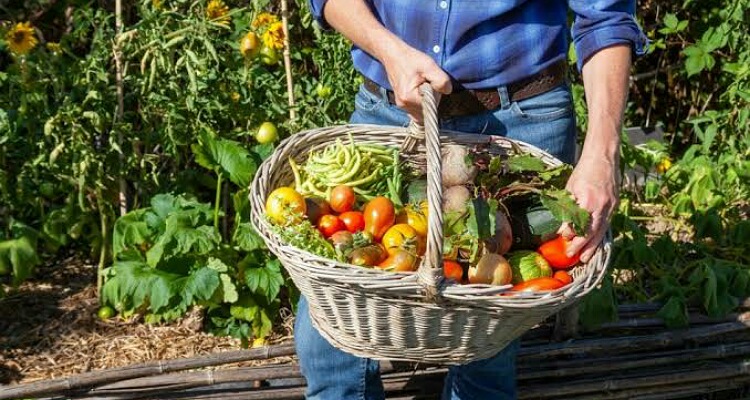Vegetables are rich in nutrients. But storage and cooking method might affect these nutrients negatively. There might be vitamin loss. How to avoid this loss of nutrients and utilize them properly for the body?
Vegetables and their nutrients
Vegetables, whether starchy or leafy are powerhouse of several different types of nutrients. These nutrients include fiber, vitamins, minerals, and phytochemicals such as the beneficial antioxidants. All these have health benefits. Hence these must be preserved until the time we consume the vegetables. But the way we store and cook them greatly affects the nutritional levels in these vegetables. Cooking can destroy certain heat-labile nutrients. How to make sure that we do not waste the nutrients and they become useful for our body? The journey of these vegetables from the farm to the table should preserve the nutrients well.
Use fresh vegetables
The moment the vegetable is plucked, its degenerative process starts. And the more time the vegetable remains outside between plucking and eating, the more its vitamin loss occurs.

Eat fresh vegetables and prefer local vegetables to exotic imported ones. Either support local agricultural produce or have your own kitchen garden to get the most fresh vegetables for your food intake.
Minimize storage time
Buy only enough vegetables that you can cook in a day or two. The more storage time, the more would be the loss in vitamins in them. You can store them in a refrigerator or freezer to minimize loss of nutrients.
In the refrigerator, keep them in the vegetable drawer or tray where humidity is higher. And to lock the nutrients, air tight bags or containers are best. Avoid trimming or chopping the vegetables before storage. If you chop them, the surface area would increase and loss of nutrients would be more.

While chopping, chop them into larger chunks to reduce surface area of nutrients loss.
Cooking and vitamin loss
Cooking veggies can easily destroy the heat-labile nutrients such as vitamin C, thiamine, folate, and vitamin B6. This loss is more when the cooked food is kept outside for longer than two hours such as during buffets. Riboflavin, niacin, and vitamin A last a bit longer in the veggies. And heat does not affect the concentration of fiber and minerals in these veggies.
Quick cooking minimizes nutrient loss. Prolonged or overcooking tends to destroy the nutrients more. Also, reheating foods can destroy the vitamins. Moreover, try cooking vegetables with their peels on where possible. Peels are rich in nutrients including fiber and minerals. Potatoes can be cooked with their skin for that abundant minerals and fiber that might be lost on depeeling them.

Keep minimal cooking liquid. Prefer steaming to boiling. Use liquid in which vegetables are boiled as stock. Use pressure cooker and microwave.
Read more: 6 kitchen gadgets you must have to easily chop vegetables!
Remember above points in order to ensure that the natural vitamins in vegetables remains the maximum until the time you consume them. Hence raw vegetables are better than cooked ones. Salads retain nutrients better than cooked curries of these veggies.
